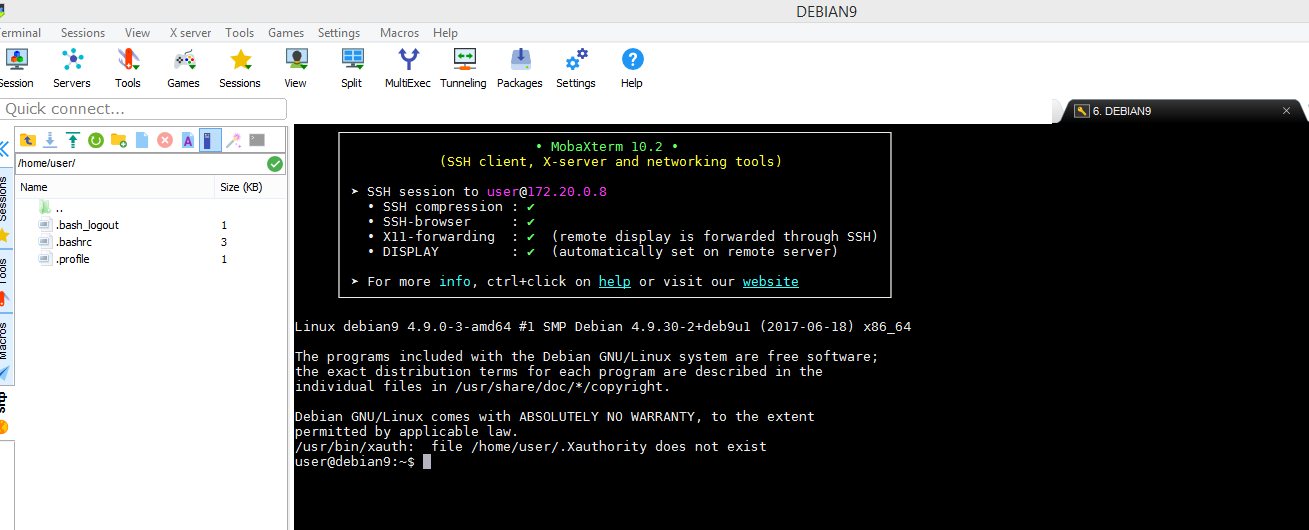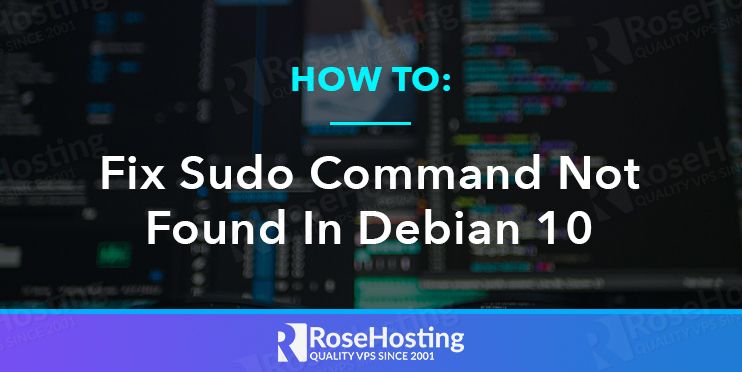

Then it came to me, let's see how the update-grub script looks like? #cat /usr/sbin/update-grub |grep grub-mkconfigĮxec grub-mkconfig -o /boot/grub/grub.cfg /usr/sbin/update-grub in order to call grub-mkconfig by it's explicit path. Searched for grub-mkconfig and found it under /usr/sbin/grub-mkconfig. Then, add your user to the sudo group using: usermod -aG sudo yourusername.
#Debian 10 sudo command not found install#
On Debian-based systems, enter: apt install sudo.

usr/sbin/update-grub: 4: exec: grub-mkconfig: not found As the root user, you can install the sudo package with the privileges this account possesses, so it's not subject to the Linux 'sudo command not found' error. but with my newly installed system: Code: sh: killall: command not found I tried sh-3.1 apt-get install killall Reading package lists. Ran it, just to get the next error message. Hi, I seem to remember that exists a command killall such that when u specify a program, it will terminate every pid or running process to do with it. I've found that there is an update-grub command in /usr/sbin. I know that this has been designed this way, to keep the environment of the actual user, but in this single case, it really boggles my mind, why not add automatically /usr/sbin and /sbin to thew path of a "regular user" after a successful su root # cat /etc/fs |grep PATH=ĮNV_SUPATH PATH=/usr/local/sbin:/usr/local/bin:/usr/sbin:/usr/bin:/sbin:/binĮNV_PATH PATH=/usr/local/bin:/usr/bin:/bin:/usr/local/games:/usr/games

There are two PATH defined in /etc/fs, but unless I start su - or su - root, I'm going to get the ENV_PATH.


 0 kommentar(er)
0 kommentar(er)
